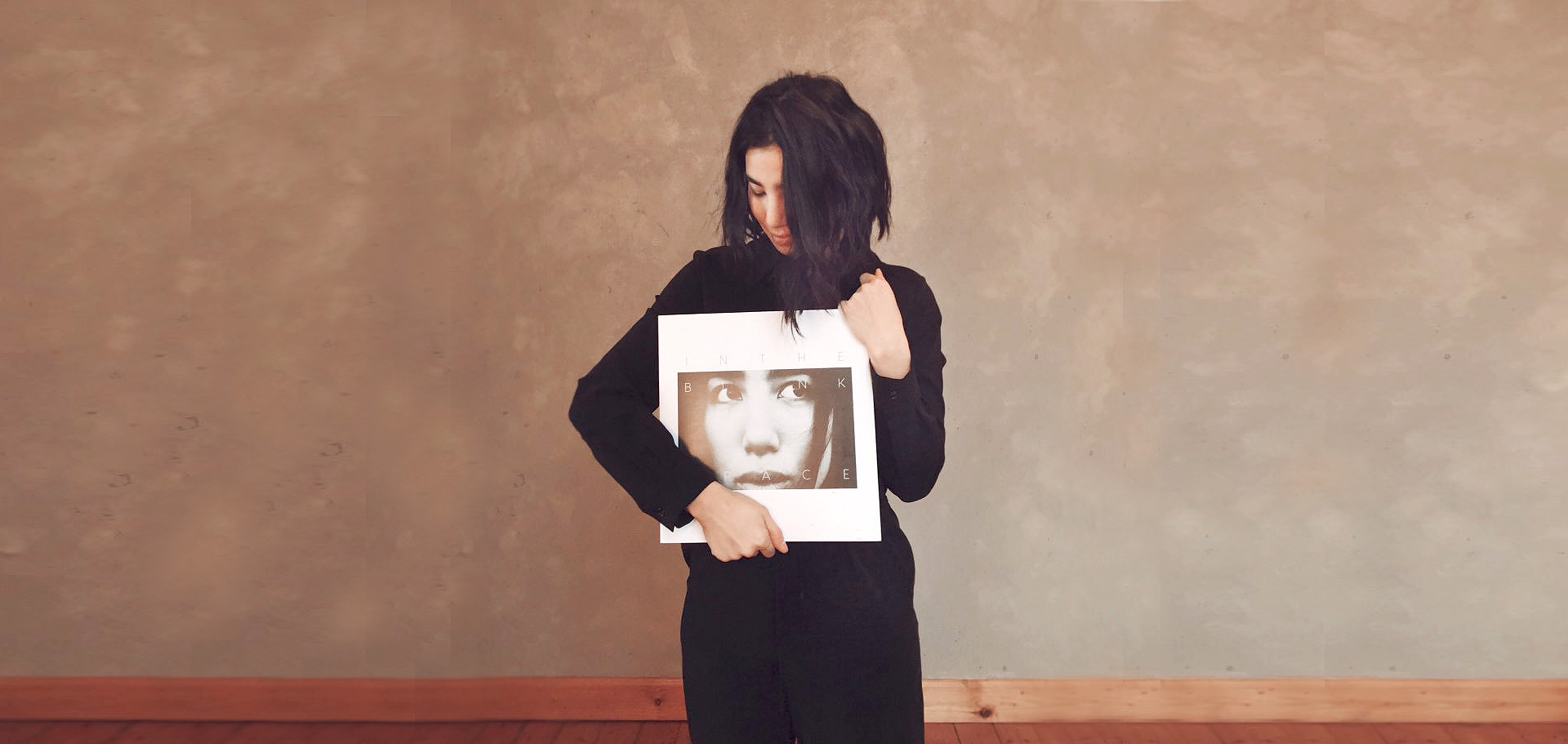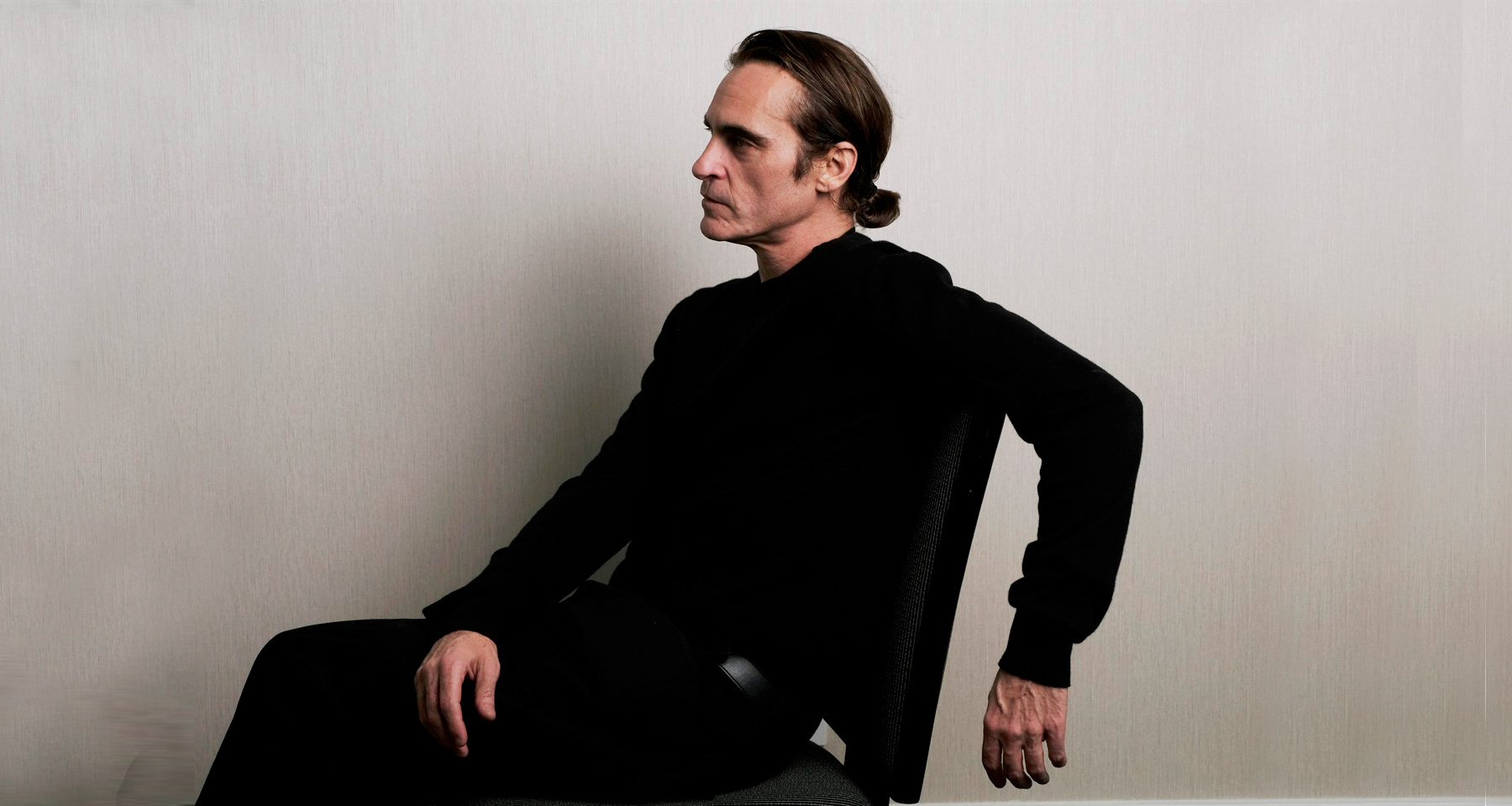Josin
— In The Blank Space
She tried to resist the call of art, Arabella Rauch aka “Josin”, the daughter of a Korean mother and a German father, both opera singers. But, after undertaking a course of medical studies, she found herself at a crossroads. The impossibility of reconciling a medical career with the never—ending passion for music convinced the young German girl that it was time to make a choice.
Under the Josin moniker, the musician began to publish a series of EPs, before making a real debut “In The Blank Space,” which is the fruit of five years of work. A dreamlike alchemy of electronics and orchestral flows keeps the atmospheres, sometimes heavy and sometimes mild, of an album that at first sight flaunts clear influences from Radiohead ‘s ” Kid A,” even if it’s a whole generation of musicians. To be an analogy to Josin’s dreamy compositions.
Do not frighten the continuous comparisons: indeed, others could be cited, such as Bjork and Sigur Ros; Josin’s music has a strong personality, thanks to a delicate instrumental balance and the author’s splendid voice.
A compelling and creative debut for an artist who, in an already widely explored emotional environment, has managed to capture that bit of poetry that still lurks in the residual empty spaces of the human soul.
Why did you decide to call this your first album In The Blank Space?
It is the title of the last track I added to the disc. I wanted to insert another song, and so I tried hard to write something. But it didn’t happen, and so for a moment, I thought I couldn’t create anymore, a sort of block that I tried to force until I let it all go. So, I called this track, and then the album, like this, because this feeling of nothingness, which surrounds us every now and then, actually represents it all. Whatever you want is right there, if you believe it. It is in a deep and unknown place that can be whatever you are, and rightly so.
And what does your stage name come from?
Behind my moniker Josin, I apologize in disappointing you, there is no particular story. I was simply looking for a word that sounded good.
Korean mother and German father: what did you learn from these two cultures so different and so different?
Much, but nothing I can express in words. Small gestures, way of thinking, humor and non-humor. Good and bad things. However, nothing can be placed in a specific context and a precise culture. I would like to have only one identity, but I am always grateful to have more parts of the house inside me.
How is your song born? Do you follow a specific process during the composition, or does it all start spontaneously?
This is an interesting question, considering that I think of words after music. I always start with music and lyrics are a consequence of sound. When I went to school, I was very struck by Goethe’s “Faust.” Perhaps it is found a little in my music.
When and how did the decision to make music and abandon medical studies come about?
When I was on my second attempt to become a medical student, I knew I had to follow that voice within me. I asked myself what would have been the greatest regret: not being a doctor or not doing what I felt, considering that I thought I could compose music. It was a difficult passage in my life and I have to admit that I took a degree in Economics two years later. For my mother.
When did you start singing and playing? Who were your music mentors?
I’ve been singing and writing songs since I was twelve. My parents were definitely my first mentors. But in a passive way. More than anything, not letting me exercise with the voice and classical music all day long. In fact, they never supported me in making music in my childhood, even though they’re both opera singers. I found inspiration from artists like Bjork, Beatles, Sade and later Sigur Ros, Bon Iver and Radiohead.
In “Healing” chants: “The ever-aching part of me. Only I can’t see. It’s deep inside of me. The ever-aching memory”. Well, what is your relationship with melancholy and memories? Where do these verses come from?
I think these verses come from something that has moved me deeply and that there has never been a complete cure like ghosts. But the ghosts you decide to face. Living with painful memories, unprocessed emotions with people near you. I think the process of “emotionally purifying” is something that must be faced sooner or later. Start with introspection, awareness and finally deciding to deal with pain. I was always attracted to the melancholy feeling, even though I am a very positive person. But the power of this emotion for art and for the creation of music is more fruitful. I associate melancholy with hope and at the end of a tunnel. In short, not really something negative.
A song is born when I play the piano or song – it can also be a fragment – and my chest hurts slightly. That moment of “Ah. Heart attack”. It is the moment when I connect and try to gather that emotion. Once I find this spark, I build a song and try to force myself not to open my computer to produce it. I think getting to production too soon makes me lazy in writing good songs. If a piece does not freak you out on a real instrument, it means that it wasn’t good and therefore everything turns into a waste of time. If I have the song and its structure, I go to the studio and try to push the emotion with the production.
Many say that in some moments, you could be the female version of Tom Yorke. I think especially of the atmospheres of “Midnight Sun.” What do you think of this juxtaposition? Do you find it fitting or totally out of place?
I find it a compliment. And if I were a female version of Thom Yorke, there would be no problems for me. He is the artist from whom I draw most inspiration. His music changed me forever.
In “Evaporation” you talk about time that runs too fast and evaporations. Yet you are still young. What is your relationship with time? Do you already feel its weight, or will it always remain only an illusion?
Yes, I feel it like a burden and I never felt it as much as when I first met the death of someone close to me. This feeling was so paralyzing that the only way to process it was to make it merge into a song. And in this idea that nothing can be restrained and that everything, including us, evaporates has never gone away. Only the shape changes. Time is just something that pushes us towards an end, and maybe it is not even a definitive end.
What exactly do you mean by “Feral Thing”?
I watched my dog and thought, “I love you so much, even though we never talked about it.” I was simply thinking of the love you can give to another person without asking for anything in return. To love a wild soul because it is free and not because it belongs to you. It was a beautiful thought and inspired me in writing this piece.
What are you listening to lately?
I don’t listen to much music, but lately, I fell in love with the Icelanders Hatari.
Future programs?
My next step is to keep writing and find moments to do it after a long time. I am also collaborating on a couple of exciting collaborations that I hope to share with you soon.





